作為一個全球城市,我們需要重振經濟、恢復環境,並變得更有韌性。我們可以從支持本地企業開始。
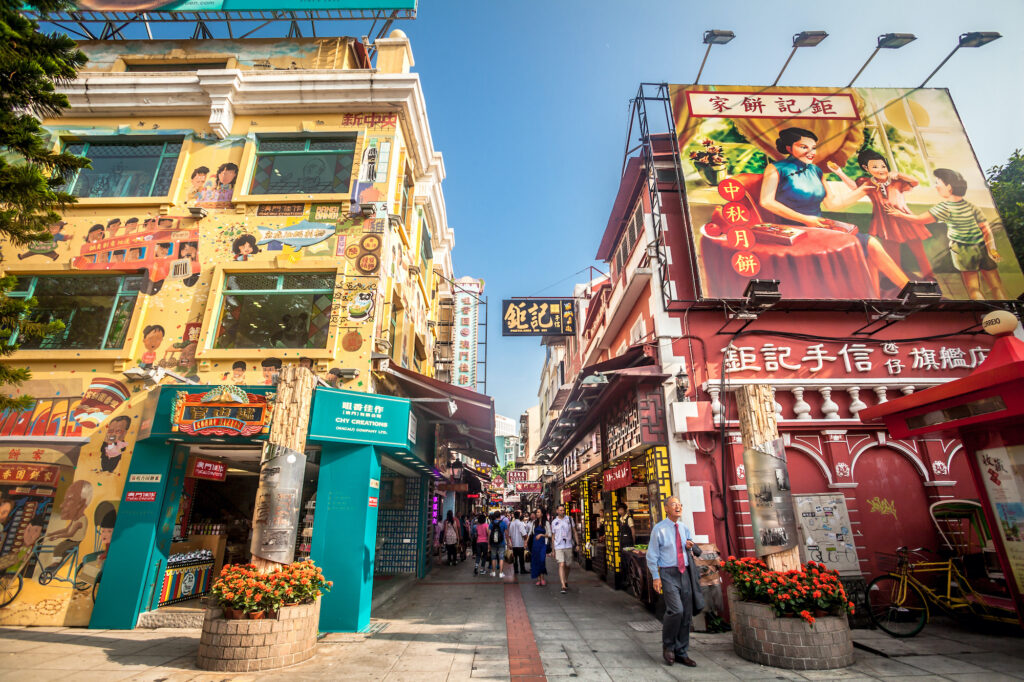
新冠疫情和氣候變化凸顯了經濟與環境之間不可分割的聯繫。在已知的傳染病中,有一半以上是人畜共患的,代表它們是從動物傳染給人類的,而且往往是由於人類的發展侵佔了野生動物的棲息地而發生的。隨著人類以進步和掙錢的名義擴大他們的足跡,可能會破壞生態系統並導致土地退化——兩者都會導致氣候變化。
當自然受到損害時,我們的經濟也會受到影響。
自2020年以來,澳門經濟已較疫情前萎縮近一半,而近期的自然災害更令澳門損失慘重。例如,颱風「天鴿」和「山竹」分別為澳門造成125億澳門幣和17億澳門幣的損失。
本地的領導必須將重點放在經濟和環境的結合點上,以確保強勁而有韌性的復甦。這種復甦甚至可能需要我們從新建立一些系統。
澳門需要向可再生能源和清潔能源過渡,建設更可持續的交通,改造建築物和住宅,以增強對氣候變化日益增長的影響的適應能力,以及改善城市綠地等。這些綠色投資不僅有助於城市減緩氣候變化,還將創造就業機會和更多的經濟機會。
與此同時,作為社會上的個體,你怎樣才能貢獻一分力呢?你可以通過支持本地的商店和企業來投資本地經濟。在本地購物不僅可以令我們的社區更強大,還可以幫助振興自然和促進經濟增長。更好的是,這是每個人都可以做的事情。以下是為什麼在本地購物這麼重要:
- 把資源留在本地社區裡
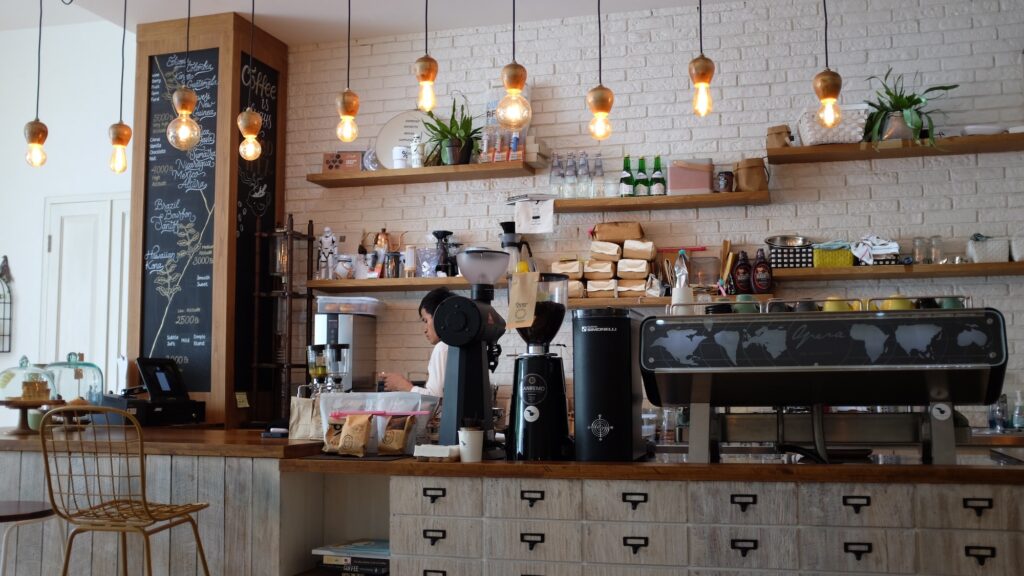
當我們把錢花在本地企業上,而不是他們的進口商品或國際品牌上時,高達70%的資源會通過供應鏈和社區活動回流到社區。
由於本地企業的大部分活動都在澳門社區進行,它們更有可能僱用澳門居民,並通過本地供應商採購商品和服務。因為我們社區裡也有澳門企業家,他們賺的錢也會在當地消費。
本地企業也可能通過志願服務、慈善工作和捐款來回饋那些需要幫助的人。慈善活動有助於企業傳播積極的品牌價值,提高團隊士氣(因為這也是他們的社區)。
- 培養更強大的社區,更有力的環保行動
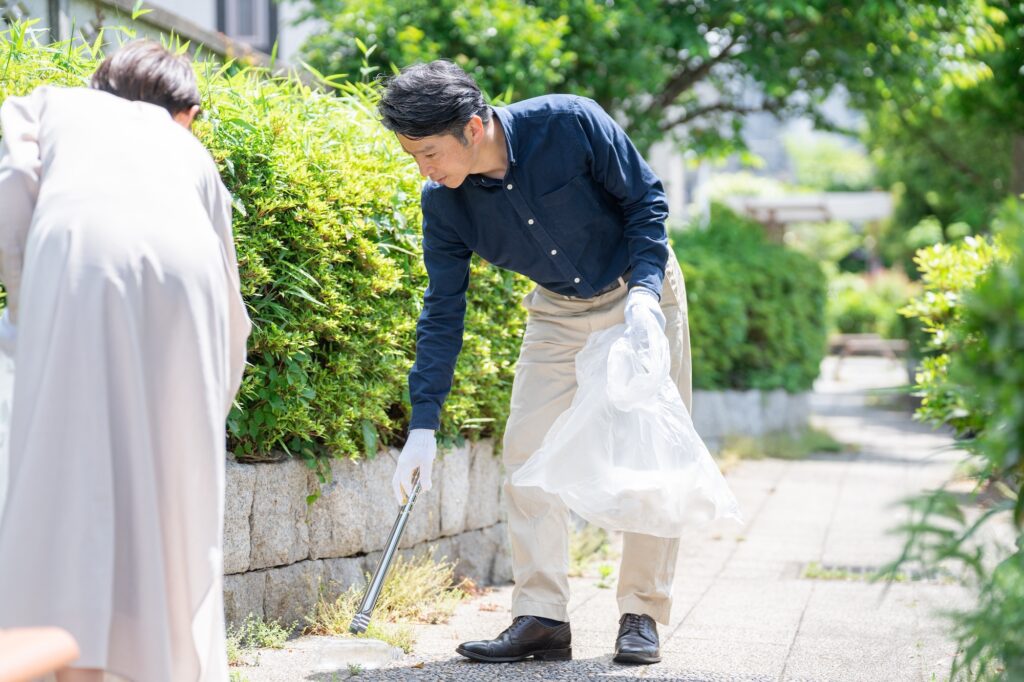
本地的實體店構成一個城市身份的重要組成部分。它們提供了居民可以互相問候、敘舊或聚會的空間,培養他們在社區中的熟悉感和歸屬感。無論是在繁忙的高士德的百年茶餐廳,還是歷史悠久的瘋堂區的獨立小書店,本地商店有助於我們記住一條街道或一個社區,這也加深了我們的聯繫。
研究表明,對社區有強烈歸屬感的人更有可能保護環境。因此,通過投資本地的商店,我們也在為更環保的選擇和行動播下種子。
- 減少我們的足跡
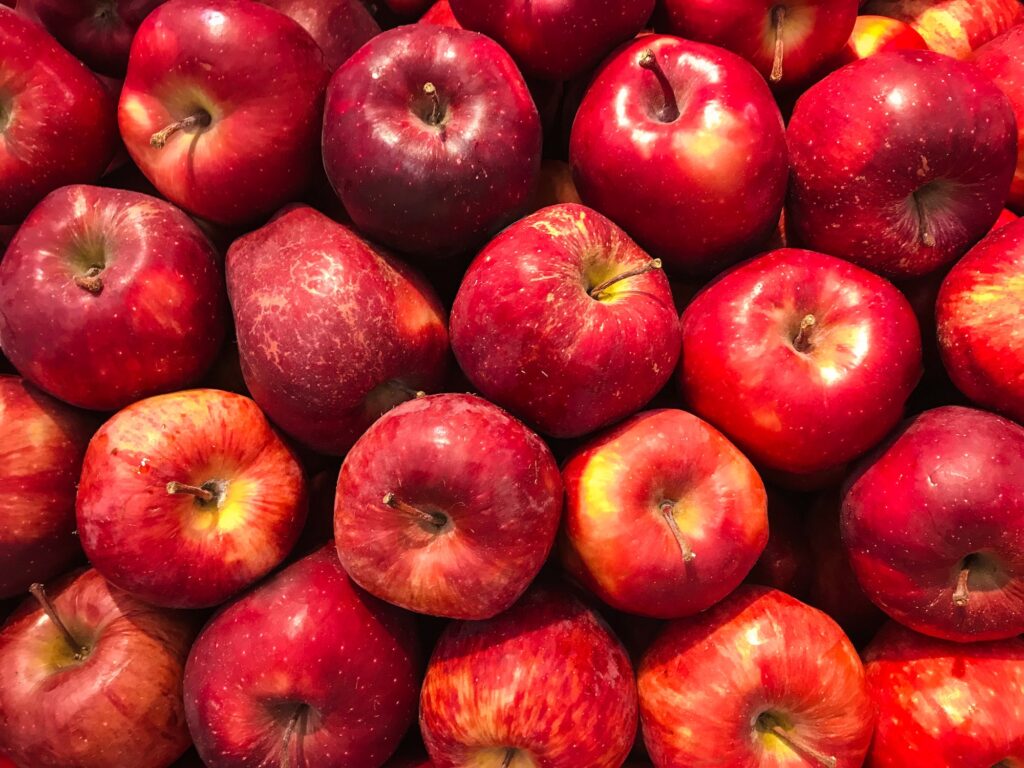
運輸佔全球二氧化碳排放量的五分之一,其中40%以上來自貨運。
當我們從本地商店購買本地或鄰近區域生產的產品時,我們通過減少運輸來幫助降低整個供應鏈的碳排放。如果該產品使用來自附近地區的可持續材料製造,其環境足跡將進一步縮小。
例如,購買一個在內地種植的蘋果,用卡車運輸到澳門,總比購買從美國進口的蘋果碳足跡更小。總括來說,最好盡可能在本地商店購買可持續生產的產品,而不是購買進口產品。
然而,「買本地貨」規則也有例外。例如:無論在哪裡生命,牛肉和羊肉等產品都有相當大的碳足跡。
- 減少浪費
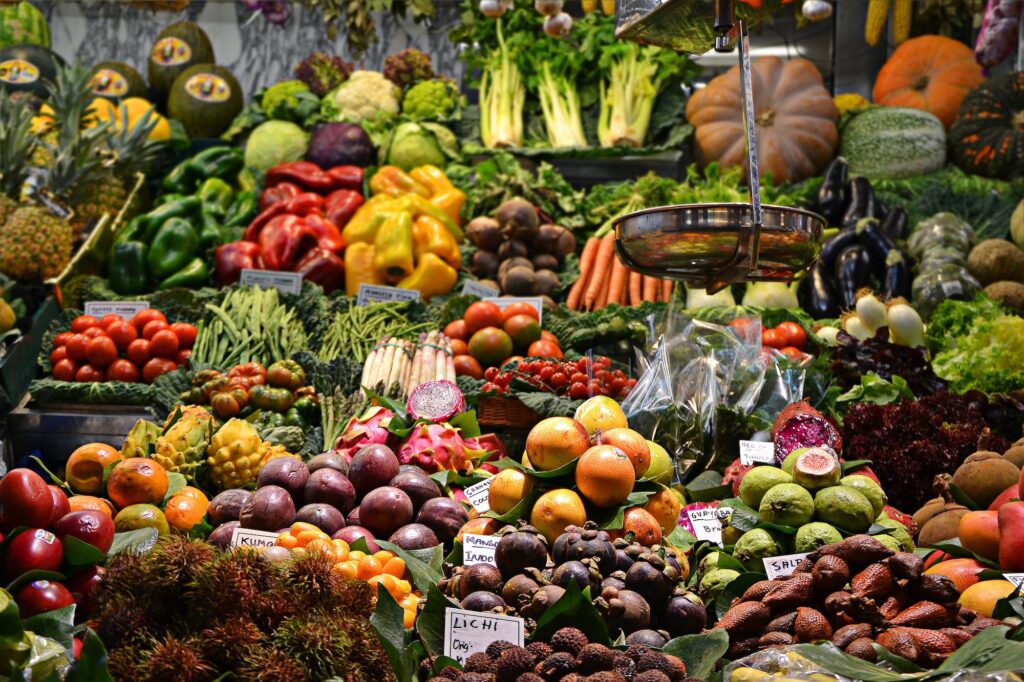
購買本地產品的另一個好處是可以避免產生更多的垃圾。由於本地產品需要更少的運輸,它們通常使用更少的包裝。你不需要購買以塑料包裝的進口豆腐,只需要要去義字街的商店就能買到完全沒有包裝而且新鮮製造的豆腐。
隨著零廢物商店在澳門開始出現,現在也有更多的選擇來滿足你對生活用品和柴米油鹽的需求-這是支持本地企業和保護環境的完美方式!
許多人在疫情期間都有頓悟,如果我們要解決全球性問題,地方性的解決方案與國家和國際性解決方案同樣重要。支持本地企業不僅僅能加強社區,面對未來的挑戰,它可以為迅速和持久的經濟和環境復甦創造機會。
如何在今天開始「買在本地」?
只需幾個簡單的步驟,你就能產生巨大的影響。
- 把你定期需要購買的日常必需品和雜貨列一個清單
- 分析每一個產品:這個東西在你的社區附近是否可以買到?
- 找出販賣這些本地產品的澳門店鋪
- 開始逐步或一次性淘汰進口商品
As a global city, we need to revitalise economies, restore the environment and become more resilient. We can start by supporting local businesses.

The pandemic and climate change have underlined the inextricable link between the economy and the environment. More than half of the known infectious diseases are zoonotic, meaning they are transmitted from animals to humans, and often spread due to human developments that encroach on wildlife habitats. As humans expand their footprint in the name of progress and profit, it can destroy ecosystems and cause land degradation – both of which contribute to climate change.
And when nature suffers, so does our economy.
Since 2020, Macao has seen its economy shrink by almost half from pre-pandemic levels, while recent natural disasters have cost the city dearly. Typhoons Hato and Mangkhut, for example, cost the city MOP 12.5 billion and MOP 1.7 billion, respectively.
Local leadership must focus on the point where economics and the environment converge to ensure a robust and resilient recovery. That recovery might even require rebuilding some of our systems from the ground up.
Macao will need to transition to renewable and clean energy, build more sustainable transportation, retrofit buildings and homes to be more resilient to the growing impacts of climate change, and improve urban green spaces, among other things. These green investments will not only help a city mitigate climate change, they will also create jobs and more economic opportunities.
In the meantime, how can you, as an individual, make a difference? Invest in the local economy by supporting our local shops and businesses. Not only will shopping locally strengthen our community, but it can also help revitalise nature and boost economic growth. Better yet, it’s something anyone can do to make a difference. Here’s why shopping local matters:
1. It keeps money in the community

When we spend money on locally owned businesses rather than their imported goods or international brands, more money circulates back into the community – as much as 70 per cent – through the supply chain and community activities.
Since locally owned businesses carry out most of their activity in the community, they are more likely to hire Macao residents and source goods and services through local suppliers. And because a Macao business owner also lives in our community, the profits earned through the business will be re-spent locally.
Local businesses are also likely to give back to those in need through volunteering, charity work and donations. Philanthropic activities help businesses communicate positive brand values and improve team morale (and because it’s their community, too!)
2. Fosters a stronger community, stronger eco actions
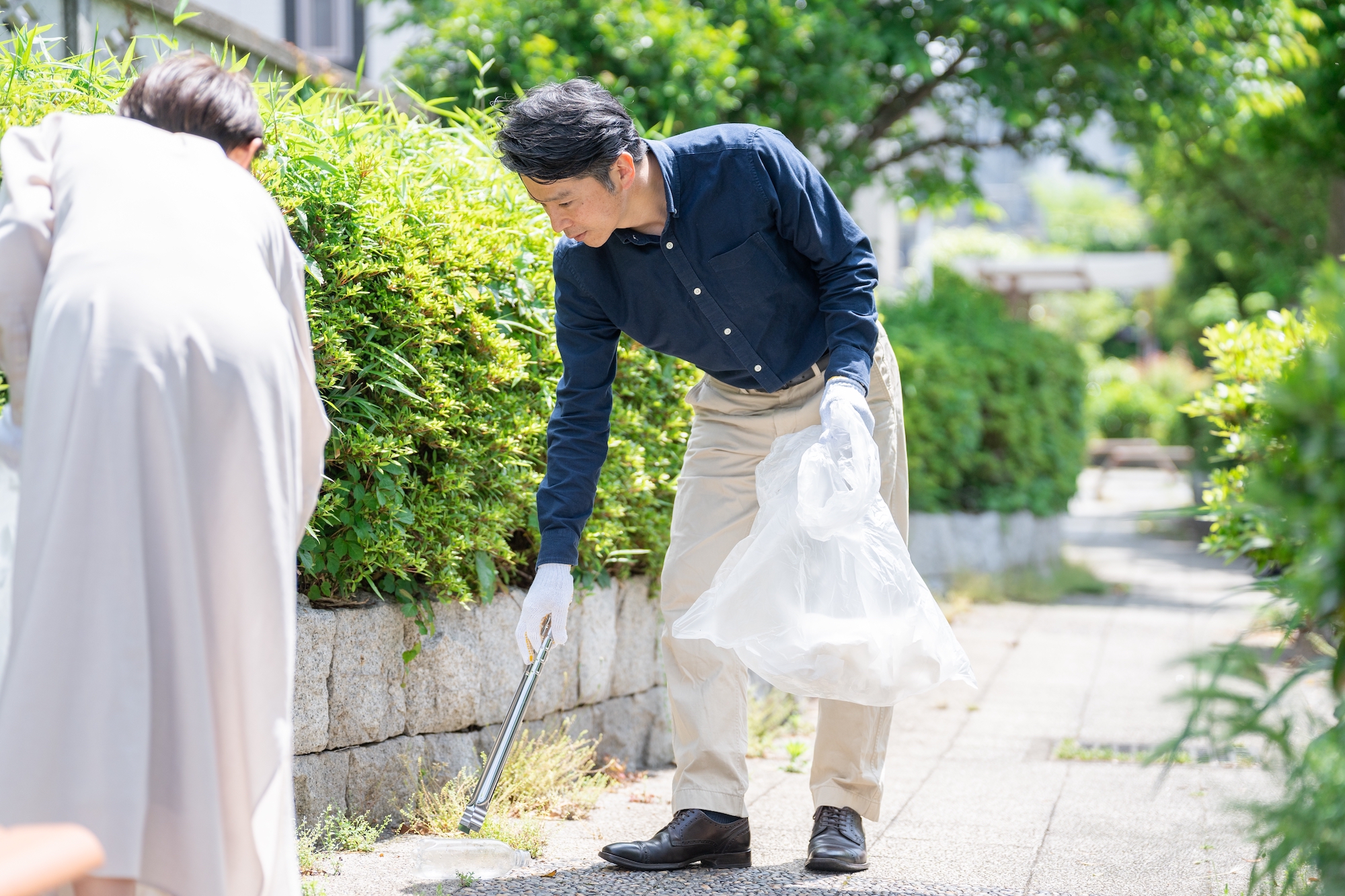
Local brick-and-mortar shops form a crucial part of a city’s identity. They provide spaces where residents can greet each other, catch up and or gather, which develops their sense of familiarity and belonging in a community. Whether it’s a century-old cha chaan teng (Chinese-style cafe) along busy Avenida Horta e Costa or a little indie bookshop in the historic São Lázaro area, local shops also help us remember a street or a neighbourhood, which also deepens our connections.
Research shows that people who feel a stronger sense of belonging to the community are more likely to protect its environment. So by investing in our local shops, we are also sowing the seeds for more environmentally friendly choices and actions.
3. Reduces our footprint
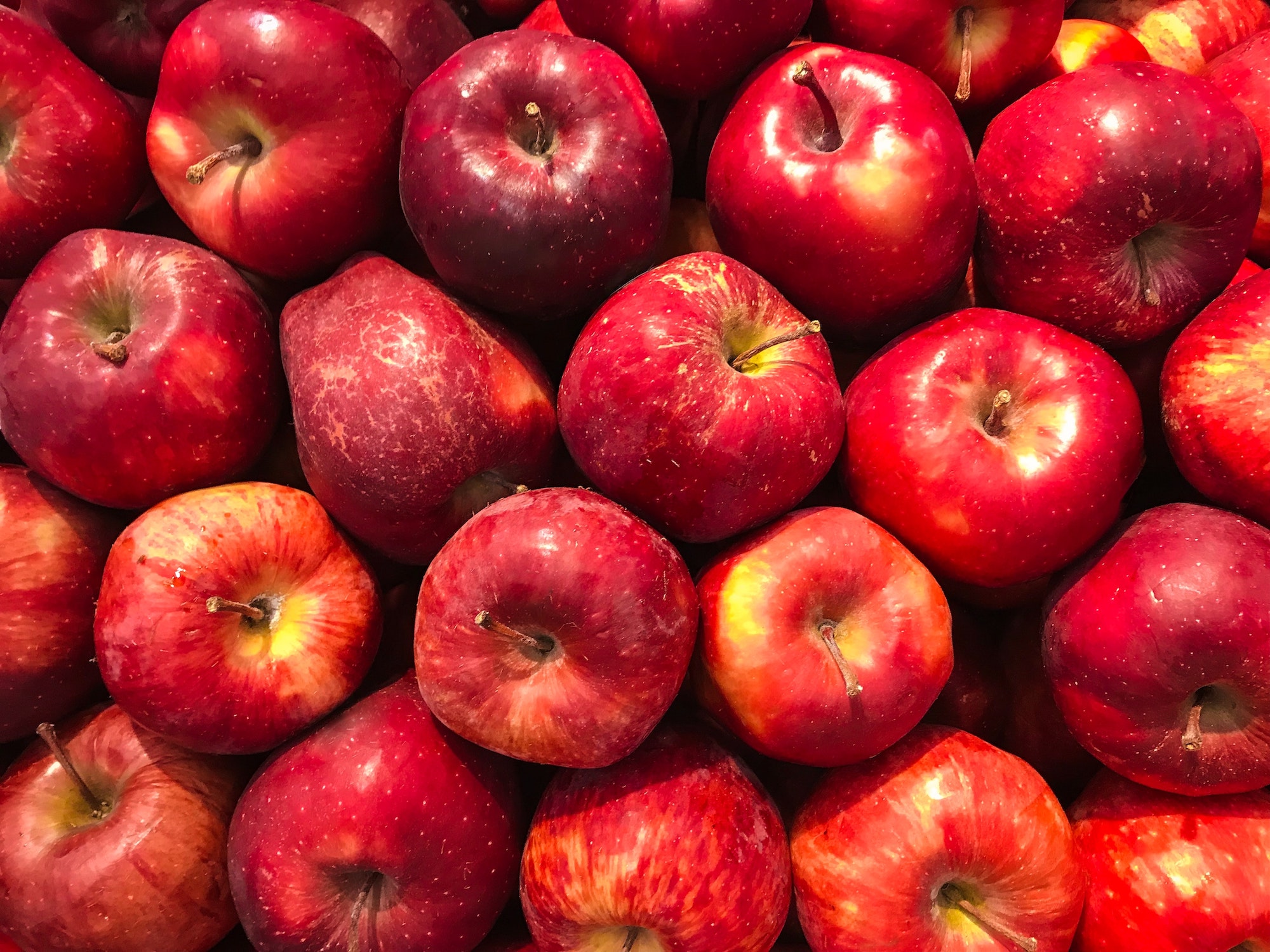
Transportation accounts for one-fifth of global carbon dioxide emissions, over 40 per cent of which can be traced to freight.
When we purchase a product from a local shop made locally or regionally, we help lower carbon emissions across the supply chain by minimising transit. And if that product is made using sustainably sourced material from a nearby area, its environmental footprint will shrink further.
For example, buying an apple that was grown in mainland China and transported by truck to Macao will have a smaller carbon footprint than buying an apple imported from the US. Overall, it’s best to buy sustainably produced items from a local shop whenever possible instead of buying imports.
There are exceptions to the “buy local” rule, however. Products such as beef and lamb have a sizable carbon footprint regardless of where they are cultivated.
4. Cuts down on waste
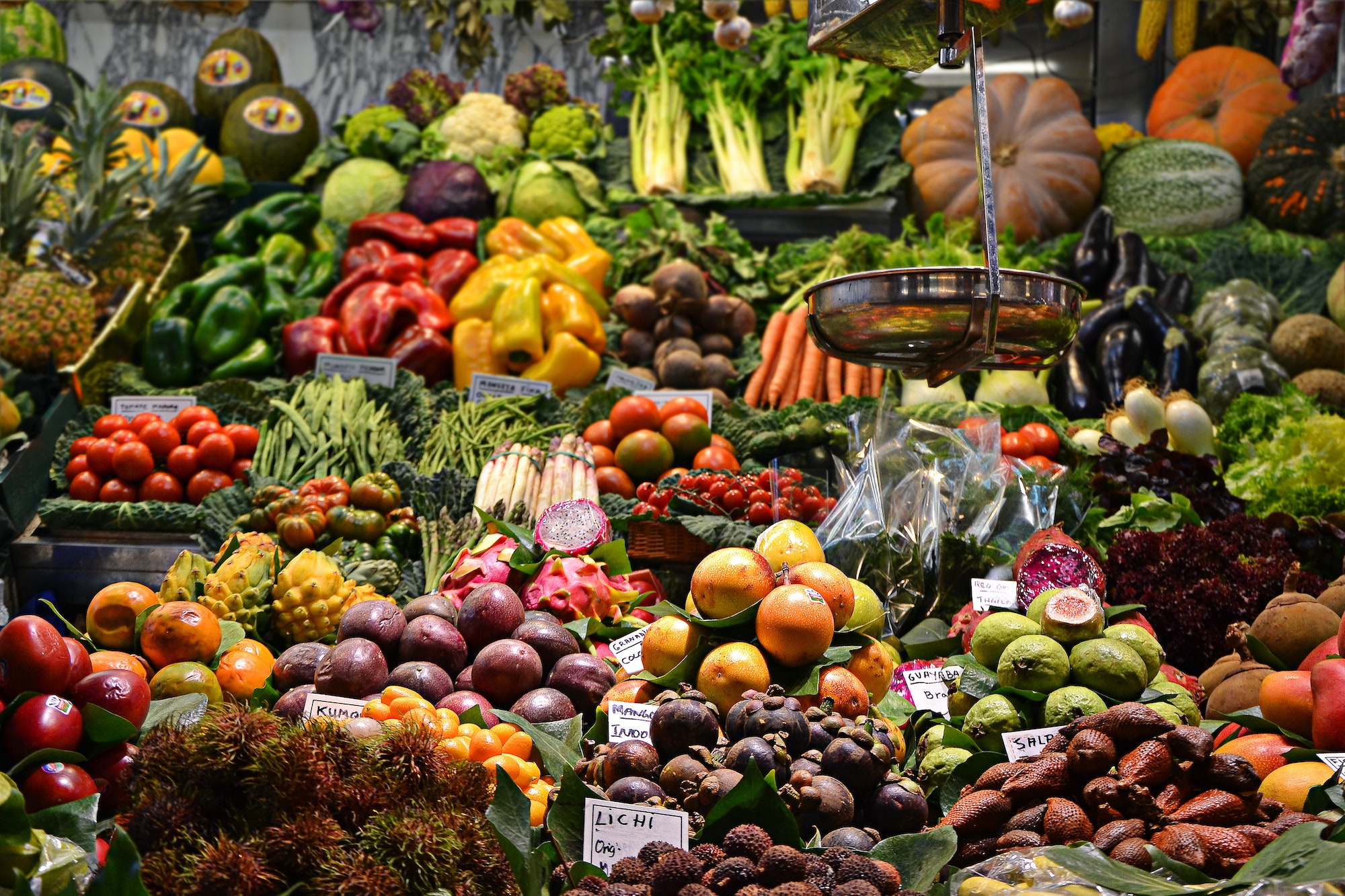
Another perk of buying local is that you can avoid creating more waste. Since local products require less transportation, they often require less packaging. Instead of buying imported tofu wrapped in plastic, you can simply visit a shop on Rua da Emenda to buy freshly made tofu with no packaging at all.
With zero-waste stores starting to appear in Macao, there are now more options to refill your own containers, too – a perfect way to support local businesses and protect the environment!
Many people have had epiphanies during the pandemic: If we are going to solve global problems, local solutions are just as important as national and international ones. Supporting local businesses doesn’t just strengthen the community. It can create opportunities for a swift and enduring economic and environmental recovery in the face of future challenges.
How to: Shop local today
With a few easy steps, you can make a big impact.
– Make a list of the daily essentials and groceries you purchase regularly
– Analyse each one: Is there a local alternative in your community?
– Identify Macao-owned shops carrying the local alternatives
– Start phasing out imported goods gradually or all at once
文章來源 Source:https://macaonews.org/living/how-supporting-local-businesses-helps-macaos-economy-and-environment/
